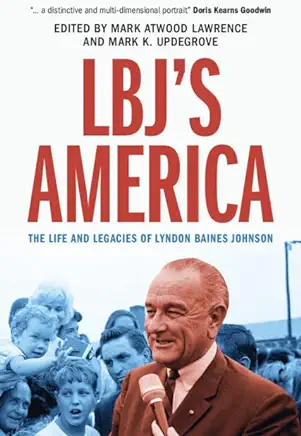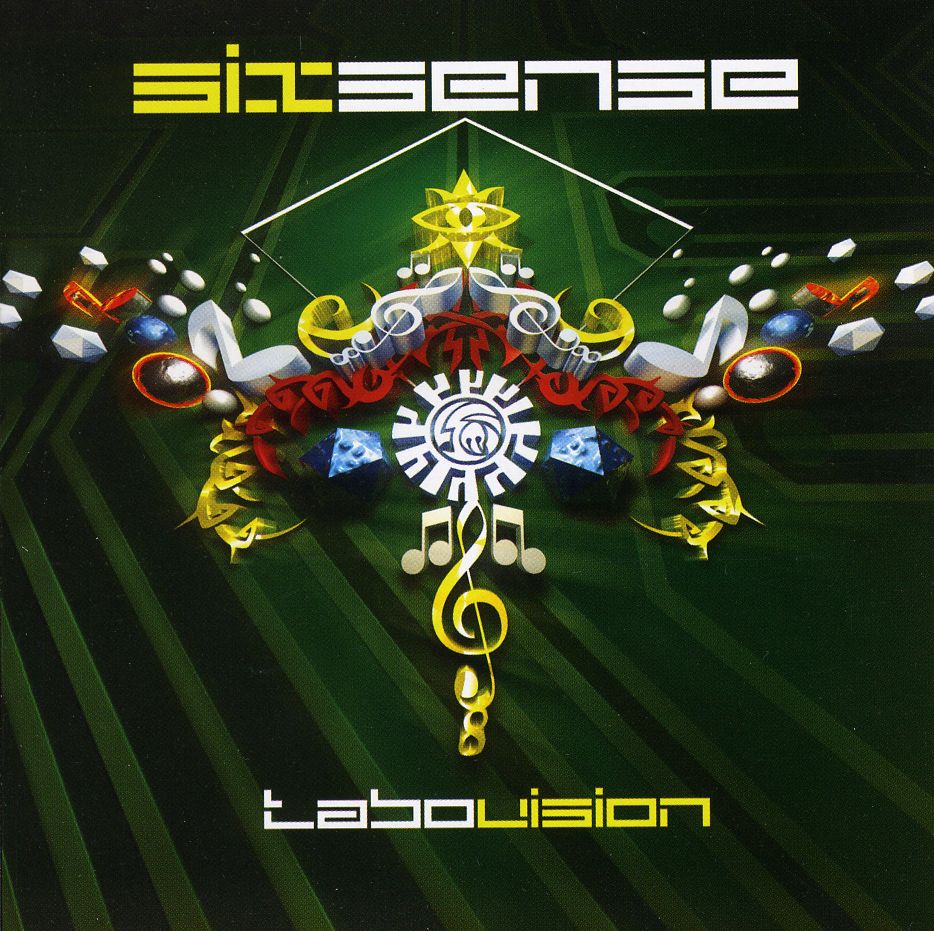
de Groot, Michael
De Groot shows that new unexpected macroeconomic imbalances in global capitalism sustained the West during the following decade. Rather than a creditor nation and net exporter, as it had been during the postwar period, the United States became a net importer of capital and goods during the 1980s that helped fund public spending, stimulated economic activity, and lubricated the private sector. The United States could now live beyond its means and continue waging the Cold War, and its allies benefited from access to the booming US market and the strengthened US military umbrella. As Disruption demonstrates, a new symbiotic economic architecture powered the West, but the Eastern European regimes increasingly became a burden to the Soviet Union. They were drowning in debt, and the Kremlin no longer had the resources to rescue them.







